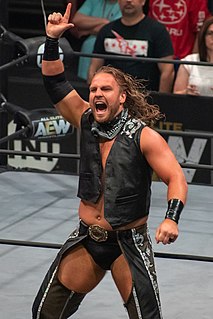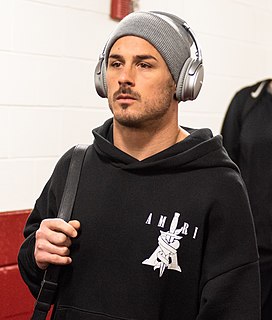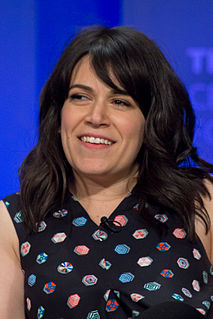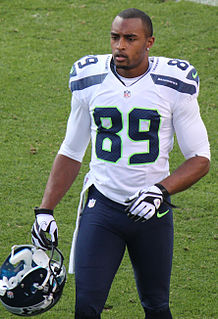A Quote by Peter van Agtmael
I realized how little I knew about my own country. I had grown up in the suburbs and, after college, I moved out of the country, so I didn't really know the place well. When I started following soldiers and their families back home, it provoked a lot of the questions about who we are as a nation, questions I realized couldn't be explored through the more limited framework of looking at the military at war and at home.
Related Quotes
I wrote the script to 'Lady Bird,' and it really came out of a desire to make a project about home - like, what the meaning of home is, and place. I knew Sacramento very well, obviously, growing up there, and I felt like the right way to tell a story of a place was through a person who's about to leave it.
The great philosophers of the 17th and 18th centuries did not think that epistemological questions floated free of questions about how the mind works. Those philosophers took a stand on all sorts of questions which nowadays we would classify as questions of psychology, and their views about psychological questions shaped their views about epistemology, as well they should have.
I think I'm still just as conflicted about the war as I always was. On the one hand, I was a soldier carrying out his duty, following his allegiance to his country and to the mission at hand. But yet, there was always this unease plaguing me. "What are we doing here?" "Are we really fixing this country or are we doing more harm than good?" And the most pressing question: "How do we pull ourselves out of this quicksand?" I think I'm still there in that white space you mentioned, trying to get clarity for myself on what this war did to us as a nation.



































